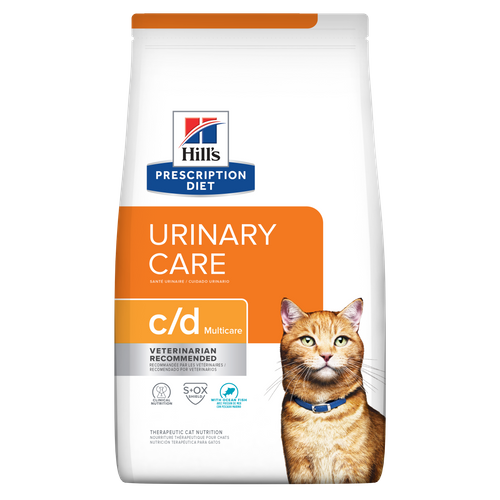If your cat exhibits the following symptoms, take her to your veterinarian for an accurate diagnosis:
A low-pitched cough that sometimes leads to gagging
Breathing difficulties that include shortness of breath
Reduced ability to exercise
Noticeable weight gain or loss
Swelling in the abdomen

These symptoms are common in other diseases, so it is important for your vet to check you cat for heart disease using some of these methods:
A stethoscope exam can reveal murmurs and fluid in the lungs
Palpation can reveal unusual pulses
X-rays reveal heart enlargement
An EKG can identify heart enlargement and irregular rhythms
Blood and urine tests can reveal heartworms and the condition of other internal organs
Heart disease typically causes the heart to enlarge, and this enlargement causes a loss of efficiency. The heart then begins to hold more fluid than it should and this is where the real problems begin. For this reason, veterinarians recommend feeding cats a low-sodium food that will help reduce fluid build-up and make it easier for their heart to work effectively.
For an accurate diagnosis and treatment options, always consult your veterinarian.






























